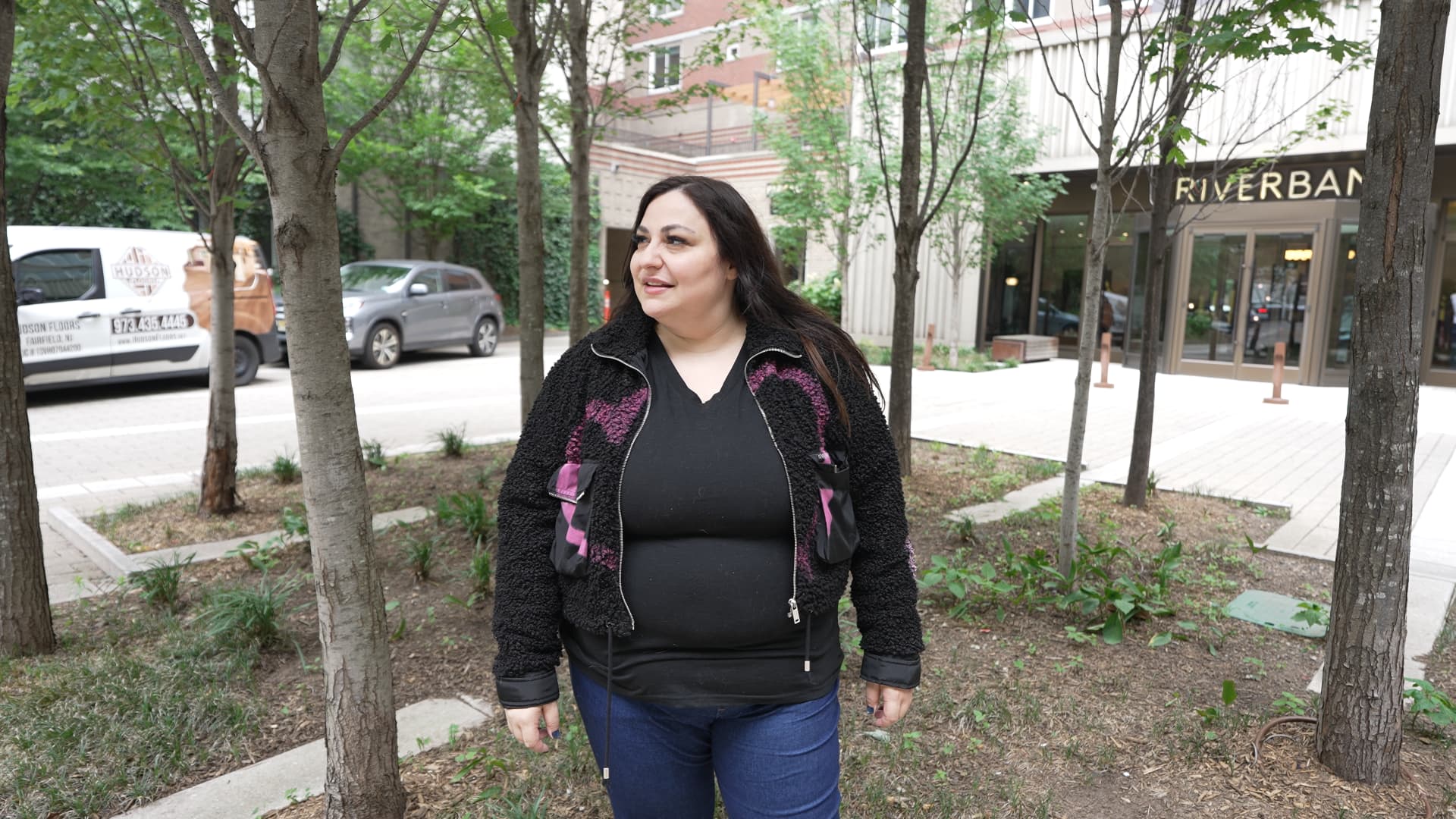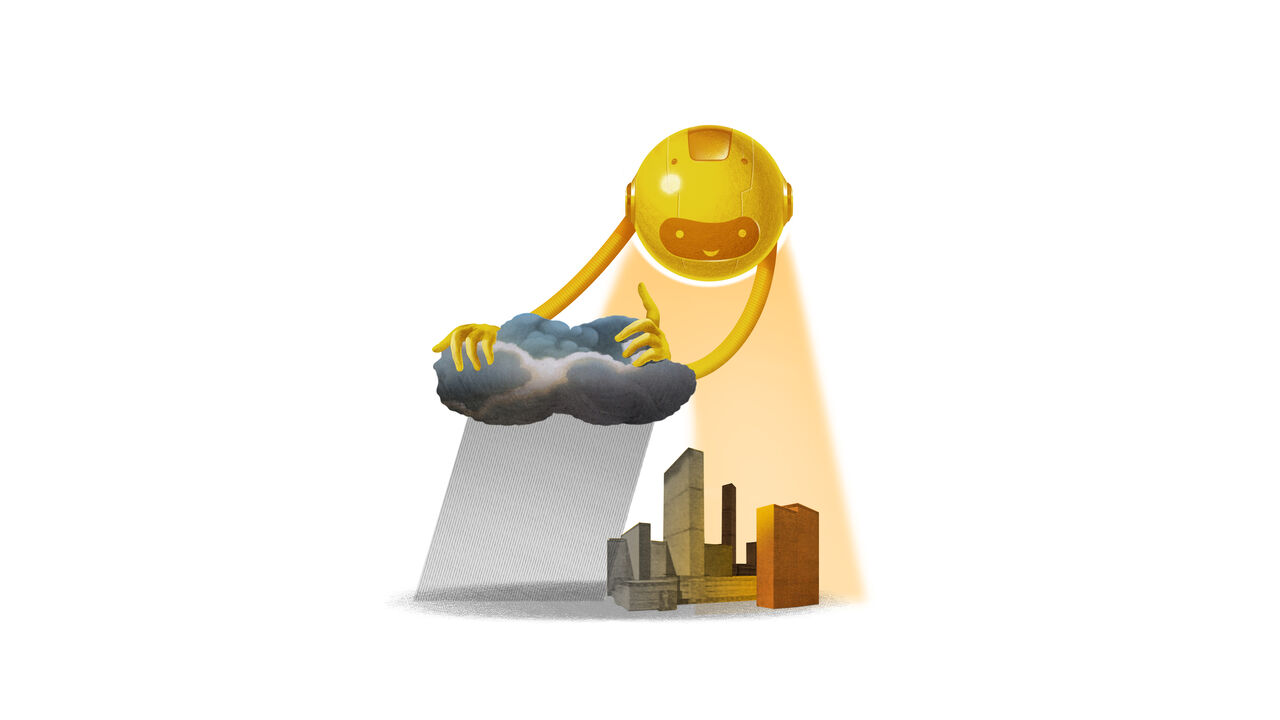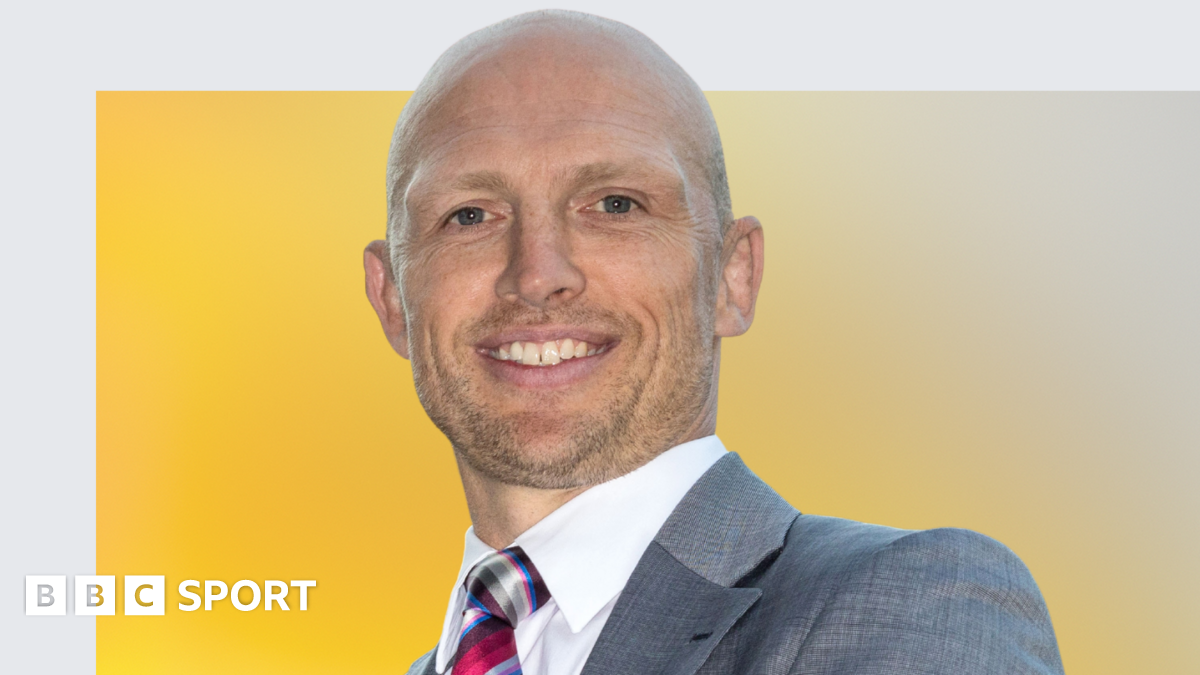But a significant salary hasn’t translated to big account balances for some of these consumers — which experts have dubbed “HENRYs,” or “high earners, not rich yet.”
Rising costs, debt and lifestyle creep can leave them feeling stuck, experts say. Nearly two-thirds, or 62%, of people with salaries over $300,000 a year struggle with credit card debt, a new survey from BHG Financial found. Other reports have found many six-figure earners still live paycheck to paycheck.
“Earning doesn’t actually make you feel rich; spending it does,” said Sabrina Romanoff, a clinical psychologist. “If most people spent 99% of their paycheck, they’d feel quite rich. And it’s the paradox here. When we’re in accumulation mode, it’s very difficult to feel rich.”
More from Personal Finance:
Trump’s ‘big beautiful bill’ created a new student loan plan: What to know
Affordable Care Act health plan enrollees could face ‘subsidy cliff’ in 2026
Trump’s ‘big beautiful bill’ includes these 2025 tax changes
Americans say they would need to make $520,000 a year, on average, to feel rich, according to a 2024 Bankrate survey.
The more money people earn, the more they say they need to feel comfortable. Americans making under $50,000 said they needed an average $157,000 a year to live comfortably, while those making at least $100,000 said they would need $246,000.
‘I feel privileged, but I do not feel rich’
Kaan Oguz | CNBC
Marie Incontrera, 39, worked as a professional composer, bandleader and pianist before launching her virtual assistant business in 2016. She then expanded her business during the pandemic into a digital marketing consulting agency.
The career pivot has multiplied her income. Incontrera anticipates her business’ revenue for 2025 to be around $1.4 million. She expects to take an owner’s draw of $300,000 to $400,000 this year.
“I had a pretty successful career as a musician through most of my 20s,” Incontrera told CNBC. “But the thing they don’t tell you about having a career as a musician in music school is that you can be playing Carnegie Hall, which I was, and I was making $15,000 a year.”
Despite her income going from $15,000 to $300,000 per year, Incontrera still doesn’t feel rich.
“I would have thought back then that the amount of money that I have in the bank right now, I would be rich, right? I would have just thought, ‘Oh, yeah, she’s made it’ … and I don’t feel that way,” she said. “I have more money anxiety, almost, now than I ever did in my 20s.”
“I feel very lucky. I feel privileged, but I do not feel rich,” Incontrera said. “I know that I am on a hamster wheel with my business. I actually really love the hamster wheel. I love what I do, but I also realize that I can’t stop.”
That’s not unusual, experts say.
“It can be pretty easy for someone to feel like, I’m making really good money, but I don’t have a lot of discretionary income,” said Kamila Elliott, CEO of wealth management firm Collective Wealth Partners in Atlanta, and member of the CNBC Financial Advisor Council.
“One of the things I focus on with my clients is a budget should be a representation of your values,” Elliott said. “The issue is you can’t value everything … You have to pick maybe one or two things where you’re going to focus your discretionary spending and then take that extra and reroute that to savings so you can start feeling rich.”
Watch the video above to learn how spending habits can leave even high earners feeling like they’re on a never-ending hamster wheel.















Leave a Reply